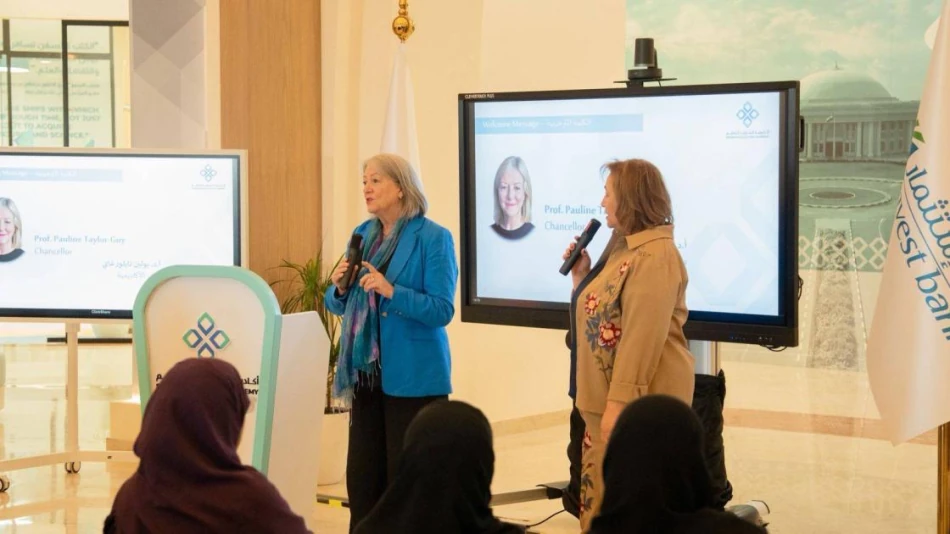
Early Childhood Certification Program Kicks Off for 90 Students
UAE's Sharjah Academy Launches Nordic-Inspired Early Childhood Education Program with Banking Sector Support
The Sharjah Academy for Education has launched a specialized certification program for early childhood education, backed by 90 scholarships from Investment Bank and developed in partnership with Finland's University of Helsinki. This initiative represents a strategic shift toward professionalizing early childhood education in the UAE, combining Nordic pedagogical excellence with local cultural values to address critical gaps in teacher training.
Strategic Partnership Signals Growing Investment in Educational Infrastructure
The collaboration between Sharjah Academy and Investment Bank, announced during the fourth Sharjah International Education Development Summit, reflects the UAE's broader commitment to diversifying its knowledge economy. The banking sector's direct involvement in educational certification programs indicates a recognition that early childhood education represents both a social necessity and an economic opportunity.
This partnership model mirrors successful public-private educational initiatives seen in Singapore and South Korea, where financial institutions have historically supported teacher training programs to build long-term human capital. The 187 scholarships announced in February specifically target classroom assistants, addressing a critical workforce development need in the rapidly expanding early childhood sector.
Finnish Educational Model Adapted for Gulf Context
Nordic Expertise Meets Arabian Values
The program's foundation on University of Helsinki research positions it within Finland's globally recognized early childhood education framework, which emphasizes play-based learning and child-centered development. However, the Academy has localized the content to integrate Arabic language instruction and UAE national identity components—a crucial adaptation that previous international education imports often overlooked.
This cultural customization addresses a persistent challenge in Gulf education systems: balancing international best practices with local values and language preservation. The bilingual delivery in Arabic and English reflects the UAE's pragmatic approach to maintaining cultural identity while preparing students for a globalized economy.
Accelerated Certification Timeline
The six-month certification period represents an aggressive timeline compared to traditional teacher training programs, which typically require 12-24 months. This compressed schedule suggests the program focuses on practical skills and immediate classroom application rather than extensive theoretical foundation—a pragmatic approach given the urgent need for qualified early childhood educators across the Emirates.
Market Implications for Education Sector Growth
The National Qualifications Center's accreditation of this program signals government recognition of alternative pathways to teacher certification, potentially opening doors for similar private-sector educational initiatives. This regulatory flexibility could attract international education providers seeking to establish operations in the Gulf region.
For investors, the program represents the UAE's systematic approach to building educational infrastructure that supports its Vision 2071 goals. The early childhood education market in the Gulf is projected to grow significantly as expatriate populations expand and local families increasingly prioritize formal early learning.
Professional Development in a Competitive Regional Market
The focus on classroom assistants rather than lead teachers reflects a practical workforce development strategy. By upgrading existing educational support staff, the program addresses immediate quality improvements while building a pipeline for future teacher roles. This approach has proven effective in Qatar and Saudi Arabia, where rapid educational expansion initially outpaced qualified teacher availability.
The emphasis on 21st-century skills and professional learning communities positions graduates to meet evolving educational standards as the UAE continues implementing curriculum reforms and digital learning initiatives. This professional development model could serve as a template for other specialized education sectors, including STEM and vocational training.
Most Viewed News

 Omar Rahman
Omar Rahman






